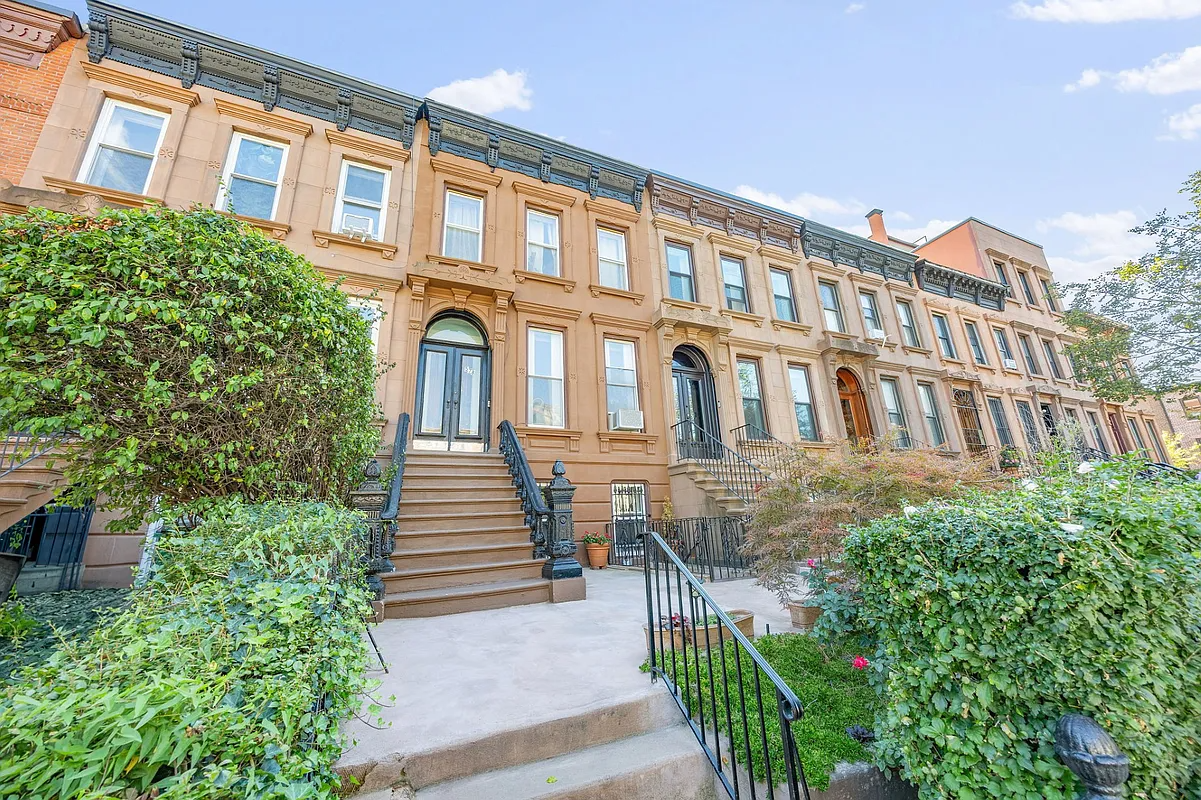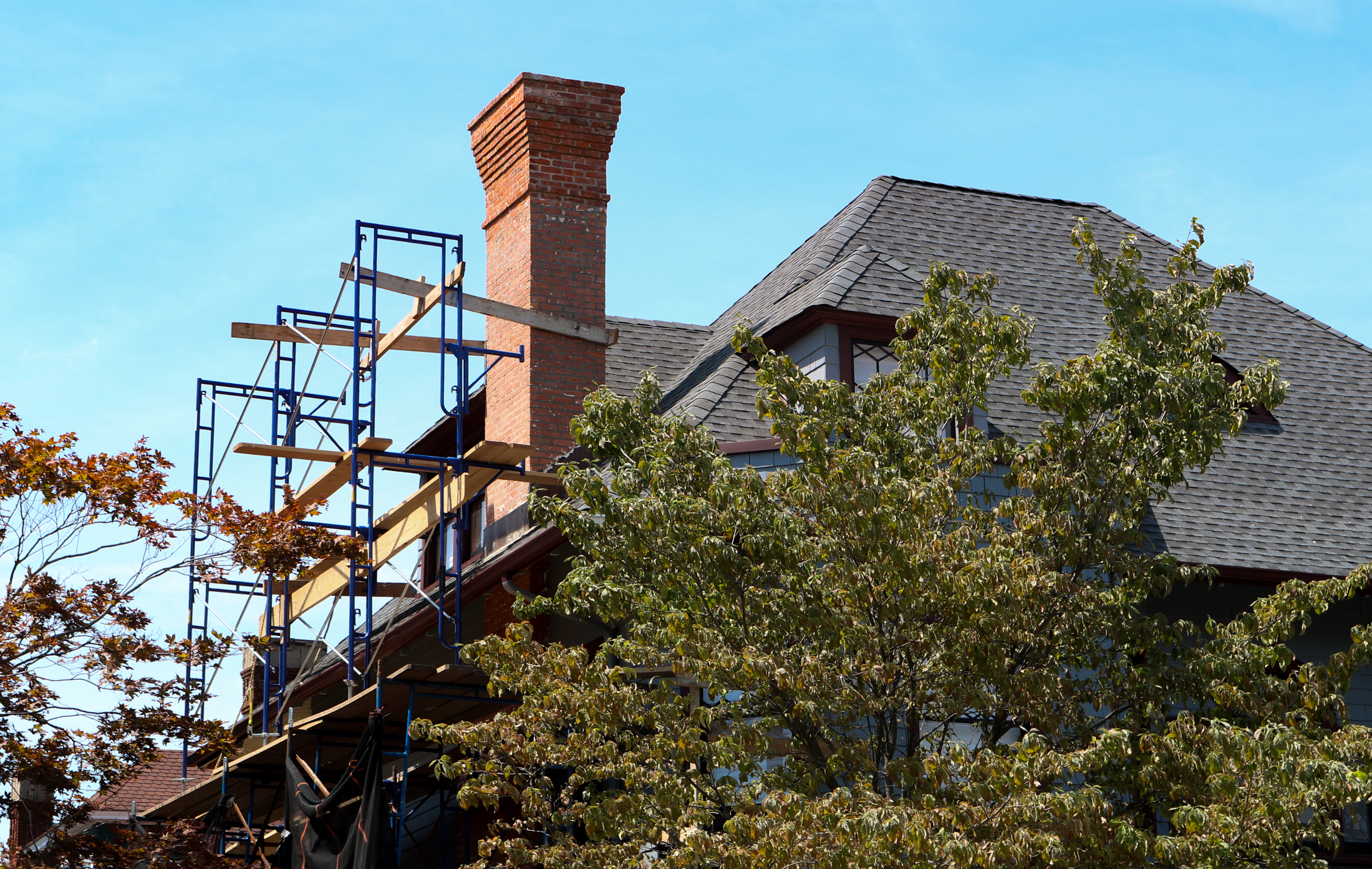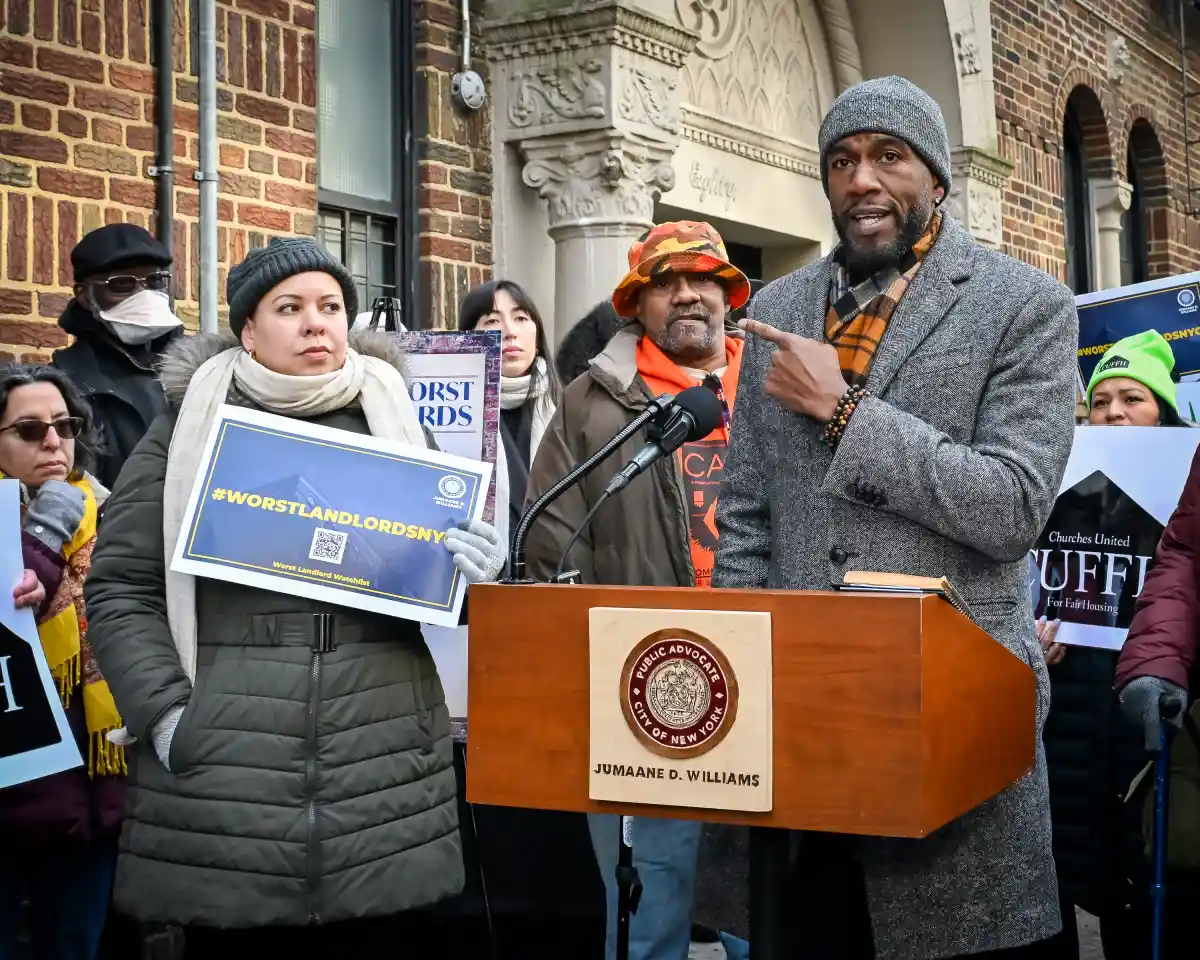This Ain't No Bubble, Says The Times
The Times took a surprisingly un-hyped look at the persistent bubble question this weekend. In the end, we thought the article supported the thesis that the city’s (well, Manhattan’s) real estate market was not crazily out of wack with other economic measures, namely income levels. Actually, the biggest take-away is that medians and averages often…

The Times took a surprisingly un-hyped look at the persistent bubble question this weekend. In the end, we thought the article supported the thesis that the city’s (well, Manhattan’s) real estate market was not crazily out of wack with other economic measures, namely income levels. Actually, the biggest take-away is that medians and averages often tell very different stories. A few highlights:
Flipping is not widespread (unlike some other hot markets like Miami). In fact, only 7 percent of Manhattan apartments turned over more than once in the past two years.
Even when inflation is taken into account, a buyer today is has much higher monthly costs that the buyer of the same unit back in 1989.
After peaking in 1987, prices fell 44 percent before bottoming in the mid-1990s. Although it took until the beginning of the next decade for prices to reach their former highs on an inflation-adjusted basis, by 2005 the median co-op and condo were more than one-third higher than 1987 levels.
A Business360 study found that average wages have increased faster than average housing prices since 1981–though a look at median numbers tells a different story.
There are a lot of new units coming on line in the next year or two, but not enough to create a problem of oversupply.
Reading the Signposts [NY Times]
What's Your Take? Leave a Comment







Miguel, you seem to be implying that prices dont matter to rich folks. They’re rolling in so much $$ that they just have to buy RE and that this constant sloshing around of riches will perputuately propel the NYC RE market. I think you may be fantasizing about how rich people really live. These same rich folks were around in the late eighties early nineties, but that didnt stop price from plunging 44%. What makes things so different now?
yeah josh, please elaborate on your cab example…i’m lost
I’m sorry, but your cab example is not making any sense to me. What does this have to do with housing or investment. If cabs cost .01 then everybody would want to take advantage, driving up the price of cabs until a supply/demand equilibruim is reached. If the price were artificially set by NYC govt, then there would be an extreme shortage of cabs, as nobody would be incented to drive cabs.
Help me understand your point.
Linus, trading up or trading down requires someone to first purchase your property. I would be very interested in knowing how many buyers are able to do so because the got on the property ladder early and are able to leverage their equity. In my opinion this would be a bearish indicator. Leveraging gains to purchase more house is speculation. One of the tell tale signs of a bubble is excessive speculation.
To be more specific Joshk, people with money have a problem that everyone would like to have: What to do with all that money?
For some, their money is tied up in private businesses, others get a large part of their compensation in stock. And still others get large cash bonuses, much of which goes into traditional stock/bond portfolios, insurance products, etc.
But, they need a certain level of diversification, and they need a place to live commensurate with their lifestyle. Home ownership fulfills these goals. And they are often already in the market. I notice that these wealthy, high earning types come from families that stress ownership, so they buy young even if that entails help from the parents.
anon 12:14 … I don’t see how the second half of your post relates to the first half. How does the percentage of houses sold indicate who is buying them?
Well, isn’t it a statistical fact that only 6% of all housing is bought and sold every year ? So people already on the property ladder are trading houses to each other…..
iac,
You omit the number of people who already owned real estate and are able to buy / trade up because they are already on the property ladder. That’s why I was able to buy a house that someone of my income “cannot afford” today. I don’t know how many people that constitutes, of course, but it’s something to consider.
Obviously those people aren’t buying into the entry-level market, but that’s only a portion of the overall market. And like it or not, NYC does continue to mint young people with very high salaries.
So what incomes have risen faster than prices. Thats still not a rationalization as to why prices are reasonable. There simply arent enough big earners to support all of the big price tags. According to the 2000 census, 9.5% of Manhattanites(67K households) make more than $200K. 1.6% or 14K in Brooklyn. 3.4% or 104K all NYC. This is the only income group that can afford RE at current prices. There are 100K NYC households who fit the profile of a ‘qualified’ buyer of high end units. All of the new developments coming on line in the next few years are not equally spread accross the income sprectrum. They are primarily clustered at the upper end of the market. When they hit the market, there most certainly will be a glut of housing in that ‘upper sprectrum’. Remember, there are only 100k NYer’s who can even think about purchasing these units. Once these high end units are properly priced downward, downward pressure will be exerted on everything else…. Prices dropped 44% after the ’87 high. How much will they fall after the ’05 high.